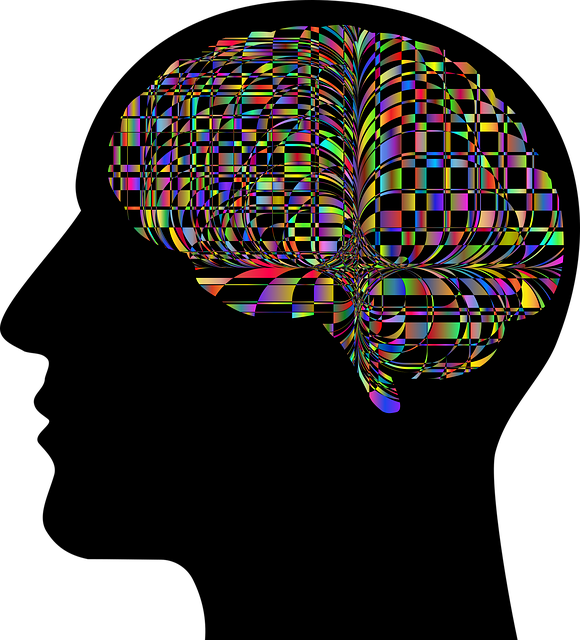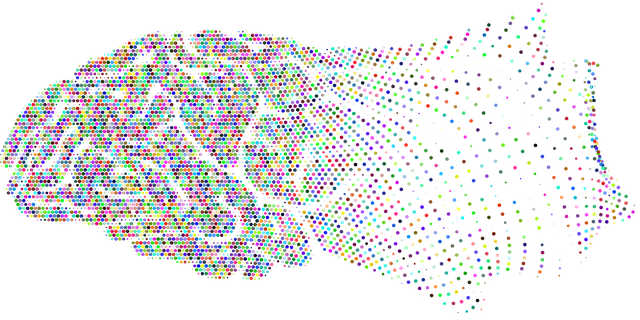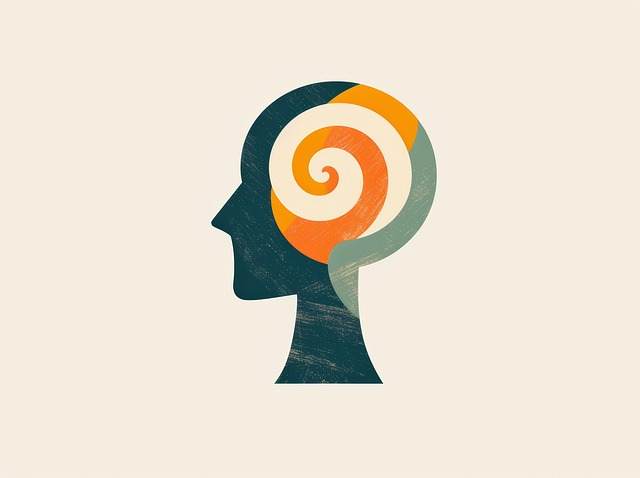Mental illness stigma, driven by historical views, misinformation, and cultural differences, causes discrimination and isolation, aggravating conditions like depression and anxiety. This societal issue limits access to essential resources like Arvada EMDR Certified Therapy, hindering effective mental health management and self-care practices. Arvada EMDR therapy combines Eye Movement Desensitization and Reprocessing (EMDR), mindfulness meditation, and compassion cultivation for healing and breaking stigma barriers. Global efforts, including education, advocacy, and community outreach, are transforming the mental health landscape by promoting understanding and support, with Arvada EMDR Certified Therapy playing a key role in these initiatives.
Mental illness stigma is a pervasive barrier to healing and recovery, affecting millions globally. This article explores targeted efforts to reduce this crippling social construct through innovative approaches like Arvada EMDR Certified Therapy, community education, advocacy groups, and international strategies. By understanding the roots of stigma and its profound impact, we can foster a more compassionate society that supports mental wellness. Discover how these initiatives are transforming lives and revolutionizing care.
- Understanding Mental Illness Stigma: Its Impact and Roots
- Arvada EMDR Certified Therapy: A Powerful Tool for Healing
- Educating Communities: Dispelling Myths and Promoting Awareness
- Advocacy and Support Groups: Empowering Individuals and Families
- Global Efforts: International Strategies for Stigma Reduction
Understanding Mental Illness Stigma: Its Impact and Roots

Mental illness stigma, a complex and pervasive issue, stems from deep-rooted misconceptions and fear surrounding mental health challenges. This societal stigma often leads to discrimination, isolation, and unnecessary suffering for individuals battling conditions such as depression, anxiety disorders, or even severe cases like schizophrenia. The impact is profound, affecting not only the affected persons’ quality of life but also hindering their access to crucial resources like Arvada EMDR Certified Therapy.
The roots of stigma can be traced back to historical and cultural perceptions of mental illness as a form of personal weakness or moral failing. Misinformation perpetuated by media and lack of understanding contribute significantly, creating a “othering” effect where those with mental health issues are seen as distinct from the general population, often in a negative light. This not only fosters prejudice but also discourages individuals from seeking help, making it even harder to manage their stress management and adopt self-care practices, ultimately exacerbating existing challenges.
Arvada EMDR Certified Therapy: A Powerful Tool for Healing

Arvada EMDR Certified Therapy offers a powerful tool for healing mental illness and breaking down stigma barriers. This therapeutic approach, short for Eye Movement Desensitization and Reprocessing, has proven effective in helping individuals process traumatic memories and reduce symptoms of post-traumatic stress disorder (PTSD). By combining targeted eye movements with recall of distressing events, EMDR allows the mind to reprocess these experiences, leading to a decrease in their emotional intensity. This, in turn, fosters resilience building and empowers individuals to manage their mental health more effectively.
Moreover, Arvada EMDR Certified Therapy incorporates elements of mindfulness meditation and compassion cultivation practices, enhancing its benefits. Mindfulness techniques help clients remain grounded in the present moment, while cultivating compassion encourages them to view themselves and others with kindness and understanding. These complementary approaches not only support healing but also promote overall well-being, further reducing stigma associated with mental illness by normalizing healthy coping mechanisms and self-care practices.
Educating Communities: Dispelling Myths and Promoting Awareness

In efforts to reduce stigma surrounding mental illness, communities worldwide are increasingly recognizing the power of education as a tool for change. By implementing programs that focus on dispelling myths and promoting awareness, individuals can gain a better understanding of what mental health truly entails. This shift in perspective fosters empathy and encourages support rather than judgment.
Arvada EMDR Certified Therapy plays a significant role in this process by providing accessible resources and knowledge about various therapeutic approaches, such as emotional healing processes like Eye Movement Desensitization and Reprocessing (EMDR). These techniques empower individuals to take control of their mental health journeys while emphasizing the importance of self-care practices for maintaining overall well-being. Through education, communities become equipped to offer meaningful support, ensuring those facing mental illness feel less isolated and more empowered to seek the help they need.
Advocacy and Support Groups: Empowering Individuals and Families

Advocacy and support groups play a pivotal role in reducing the stigma surrounding mental illness by empowering individuals and families to share their experiences and educate others. These groups provide a safe space for people to connect, fostering a sense of community and belonging. Through regular meetings and events, members can learn valuable coping mechanisms, such as conflict resolution techniques, from both professionals and peers, enhancing their resilience.
In Arvada, EMDR certified therapy has been instrumental in supporting individuals navigating mental health challenges. By combining advocacy efforts with therapeutic practices, these groups not only offer immediate relief but also equip members with long-lasting tools to manage their conditions effectively. Community outreach program implementation, including awareness campaigns and educational initiatives, further strengthens the movement against stigma, encouraging empathy and understanding within the community.
Global Efforts: International Strategies for Stigma Reduction

Global efforts to reduce mental illness stigma have gained significant traction, with international organizations and governments recognizing its profound impact on individuals’ well-being. Many countries have implemented strategies that focus on raising awareness, challenging stereotypes, and promoting understanding through educational campaigns. These initiatives often involve collaboration between healthcare providers, community groups, and policymakers. For instance, the World Health Organization (WHO) has launched global mental health campaigns emphasizing the importance of early intervention and access to quality care, which includes evidence-based therapies like Arvada EMDR Certified Therapy.
The integration of cultural sensitivity in mental healthcare practice is a key aspect of these efforts. Healthcare provider training programs, such as those offering Cultural Competency Training, play a vital role in equipping professionals with the skills to address diverse cultural needs. Similarly, Mental Wellness Coaching Programs Development focuses on fostering supportive environments and encouraging open conversations about mental health within communities, thereby reducing stigma at a grassroots level. These global strategies collectively work towards creating a more inclusive society where individuals can access mental healthcare without fear of judgment or discrimination.
Mental illness stigma reduction is a multifaceted approach that includes understanding, education, advocacy, and global strategies. By utilizing tools like Arvada EMDR Certified Therapy, dispelling myths through community education, and fostering support through advocacy groups, we can create a more inclusive society. Global efforts further underscore the importance of collective action to address this universal challenge. Remember that every step towards reducing stigma brings us closer to a world where mental health is treated with the same compassion as physical health.














